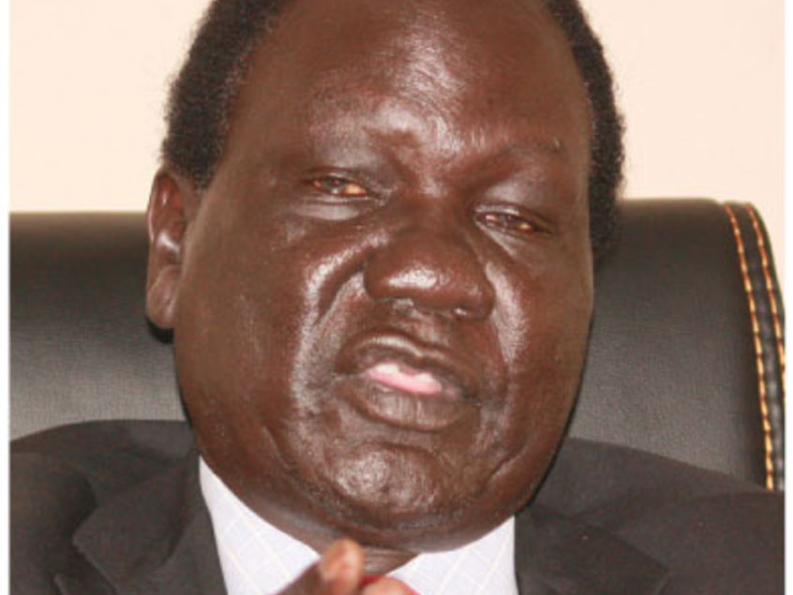A senior official in South Sudan’s ruling party, the SPLM, has defended the appointment of four secretary-generals within a year, denying the moves have caused internal confusion.
Bol Makueng Yol, the SPLM’s Secretary for Political Affairs and Mobilization, told Radio Tamazuj on Friday that the changes were within the party chairman’s authority and part of a “strategy” to solve national problems.
The SPLM, led by President Salva Kiir, has been the dominant political force in South Sudan since independence. However, it has experienced significant internal fragmentation, particularly following the outbreak of civil war in 2013.
The year 2025 has seen a rapid turnover in the key administrative post of secretary-general. Peter Lam Both held the position until March, followed by Dr. James Wani Igga, then Paul Logali Jumi, and most recently, Akol Paul Kordit.
In a parallel series of changes, President Kiir on Monday reappointed Dr. James Wani Igga as the SPLM’s First Deputy Chairman. Igga had been removed from that role in May and replaced by Dr. Benjamin Bol Mel.
Dr. Bol Mel, a prominent businessman who had rapidly ascended the political ranks, has now been stripped of his party position, his vice-presidential post, and a four-star general rank he received in September. He was also dismissed from the National Security Service.
No official reason was given for Dr. Bol Mel’s removal, though the move follows reports of internal power struggles and alleged misuse of government revenues.
‘Within his prerogative’
Speaking to Radio Tamazuj, Makueng acknowledged that the political manoeuvring “surprises many people.” However, he insisted the changes were legitimate.
He stated that meetings of the party’s Political Bureau and Liberation Council in December 2022 gave the chairman, President Kiir, the authority to make such appointments.
“So if there is a necessity to make changes as seen by the chairman of the party, then those changes made come within the confines of those meetings,” Makueng said.
He described the frequent reshuffles as part of a “strategy for looking for solutions to the problems facing South Sudan” and claimed they had broad support within the party.
Makueng added that the reappointment of Igga and the first deputy chairman and the appointment of Akol Paul as the secretary general would be crucial for mobilising support ahead of scheduled elections in December 2026, which are intended to conclude the country’s transitional period.
When asked if other recently ousted officials, such as Kuol Manyang Juuk and Daniel Awet Akot, could be reinstated, Makueng said that was “the prerogative of the chairman.”
“We will accept any changes made by the chairman if he sees it is important to reinstate them,” he said.
Civic space
The party official also addressed concerns about political freedom, after being asked why parties are often unable to hold public rallies in Juba and other towns.
Makueng shifted responsibility, accusing other parties signatory to the 2018 peace agreement of failing to encourage such moves. He claimed “open squares” were available and that the SPLM always informs other parties of this “civic space.”
Regarding the future of the power-sharing agreement, Makueng defended the SPLM’s takeover of gubernatorial positions in Western Equatoria and Upper Nile states. These positions were initially allocated to the SPLM-IO, the main opposition party led by suspended First Vice President Riek Machar.
Makueng said the move was necessary to “restore security and order in those states.”
He pointed out that the SPLM plans to hold its national convention next year and primary elections in preparation for the 2026 national vote. Makueng urged all political parties to register with the relevant council to ensure their legitimacy for the elections next year.




